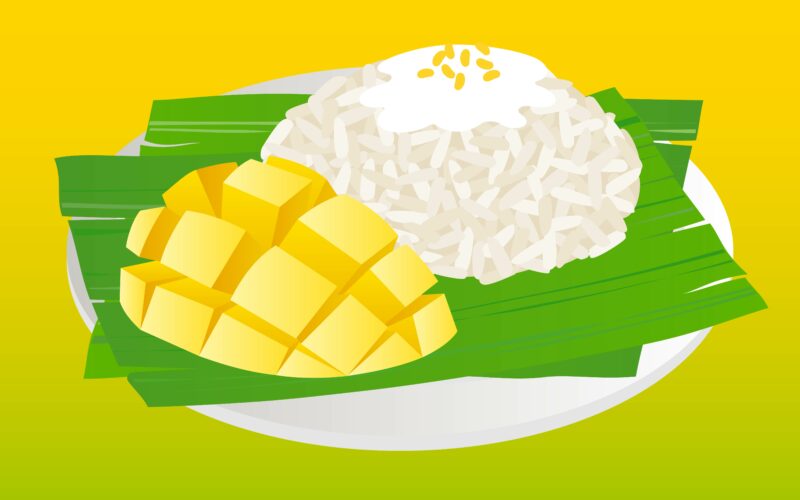
A long-held family tradition, I feed my mother’s dead tongue to my daughter in bits and
pieces. She loves the flavor—the brine of saltwater, the lick of fish sauce, the sprout of
chilies released alongside pure palm sugar. Thai women taste best, though this is more
folktale than science. She giggles as I slice up the folds, the wet pinkness of what used to
be voice and breath splayed out on a plate. I tell her of the days when my mother fed me
her mother’s tongue, how sated I became. Word has it I stopped wailing for milk
following that meal, my appetite sharpened, my birth language formed. Don’t
misunderstand me, I am not a cruel mother. If my daughter still hungers for the comfort
only I can give her, she will be granted it, though with a weight that wasn’t there before.
She longs for the fullness of being fed, as I long for the aftertaste of giving away what is
mine and yet isn’t. Even now, I am haunted by the things my mother did not know.
When I was a child, she peeled mango slices and arranged them into an array of yellow
fins around a mound of sticky rice, setting the bowl in front of me at the start of my
arithmetic lessons. A test. Tongue or mind, sweetness or discipline. After I opened my
textbook and she retreated back into the kitchen, I lunged headfirst for the bowl,
devouring the fruit in breathless bites, the hot wash of embarrassment rinsing my
stomach from the taste. We were newcomers to this country, and our boxes were a
dogged kingdom of mess all over the floors of the unfurnished apartment my father
painstakingly negotiated through engineering school. Though he insisted on moving
westward, it was she who arranged the plane fare, the homeschooling, the first three
months of rent. Every time I consume something beautiful, I wonder if it’s my tongue or
hers doing the work. This is not something I wish to feed my daughter, who reaches for
all things curious and unknowable with an open mouth, the way she does now as she
grabs at my chin.
 Para Vadhahong is a poet whose work is published or forthcoming in Brain Mill Press, Hyacinth Review, Lover’s Eye Press, Koening Zine, and elsewhere.
Para Vadhahong is a poet whose work is published or forthcoming in Brain Mill Press, Hyacinth Review, Lover’s Eye Press, Koening Zine, and elsewhere.


